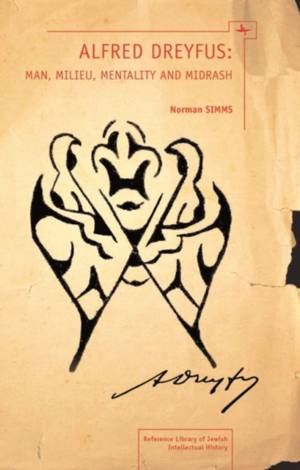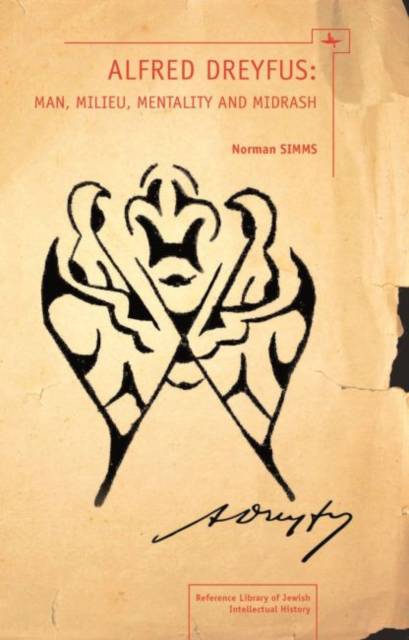
- Afhalen na 1 uur in een winkel met voorraad
- Gratis thuislevering in België vanaf € 30
- Ruim aanbod met 7 miljoen producten
- Afhalen na 1 uur in een winkel met voorraad
- Gratis thuislevering in België vanaf € 30
- Ruim aanbod met 7 miljoen producten
Zoeken
Omschrijving
This groundbreaking book focuses on Alfred Dreyfus the man, with emphasis placed on his own writings, including his recently published prison workbooks and his letters to his wife Lucie. Through close reading of these documents, a much more sensitive, intellectual, and Jewish man is revealed than was previously suspected. He and Lucie, through their family connections and mutual loyalty, were interested in and supported the artistic, scientific, philosophical and historical movements that formed their Parisian milieu. But as an Alsatian Jew, Alfred was also critical of many aspects of technological and ideological developments, making his mentality one of skepticism as well as idealism. Norman Simms addresses the way Dreyfus perceived the world, challenged many of its assumptions and contextualized it in the style of a rabbinical midrash, a process that created what Alfred called a "phantasmagoria" of the Affair that bears his name, and also interprets the man, his milieu and his mentality in the style of a midrash, a creative, transformative reading.
Specificaties
Betrokkenen
- Auteur(s):
- Uitgeverij:
Inhoud
- Aantal bladzijden:
- 336
- Taal:
- Engels
- Reeks:
Eigenschappen
- Productcode (EAN):
- 9781936235391
- Verschijningsdatum:
- 1/12/2011
- Uitvoering:
- Hardcover
- Formaat:
- Genaaid
- Afmetingen:
- 156 mm x 234 mm
- Gewicht:
- 644 g

Alleen bij Standaard Boekhandel
+ 415 punten op je klantenkaart van Standaard Boekhandel
Beoordelingen
We publiceren alleen reviews die voldoen aan de voorwaarden voor reviews. Bekijk onze voorwaarden voor reviews.











